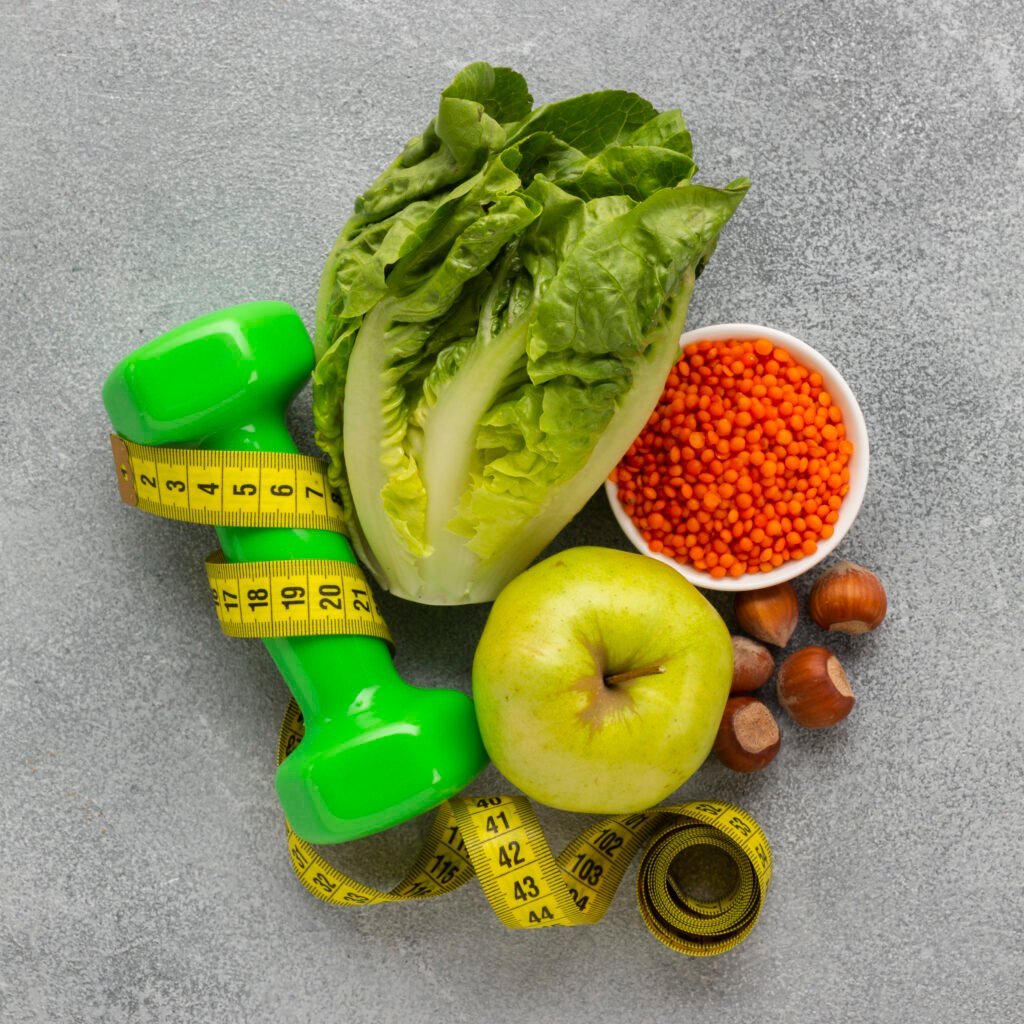BMR Calculator

BMR Calculator – Know Your Basal Metabolic Rate
The Basal Metabolic Rate (BMR) is the amount of calories your body requires to carry out vital life-supporting functions when completely at rest. It’s like the amount of gasoline a car consumes when it’s idling standing still, but still operating and energizing all internal mechanisms. In your body, this equates to keeping your organs such as the brain, heart, lungs, liver, kidneys, and even your muscle and skin functioning.
To properly measure BMR, your body must be at a neutral temperature and be completely at rest both physically and mentally. You must also be in a “post-absorptive state” so you haven’t consumed anything in roughly 12 hours, your body isn’t processing food.
A majority of your daily energy expenditure about 70% is from these fundamental bodily processes. The remainder is divided between exercise (approximately 20%) and digestion (about 10%), which is also referred to as thermogenesis.<
To properly measure BMR, your body must be at a neutral temperature and be completely at rest both physically and mentally. You must also be in a “post-absorptive state” so you haven’t consumed anything in roughly 12 hours, your body isn’t processing food.
A majority of your daily energy expenditure about 70% is from these fundamental bodily processes. The remainder is divided between exercise (approximately 20%) and digestion (about 10%), which is also referred to as thermogenesis.<
Why BMR Matters
Knowing your BMR helps estimate your total daily energy needs, especially if you’re looking to manage weight, improve fitness, or just stay healthy. To estimate your full daily calorie needs, multiply your BMR by a number based on your activity level, usually between 1.2 (very sedentary) and 1.9 (very active).
How Is BMR Calculated?
Because it is not always feasible to test for BMR in a laboratory, there have been various formulas created over the years to approximate it. The following are the most popular and accurate formulas utilized today:
Men:
BMR = 10 × weight (kg) + 6.25 × height (cm) – 5 × age (years) + 5
Women
BMR = 10 × weight (kg) + 6.25 × height (cm) – 5 × age (years) – 161
Men:
BMR = 13.397 × weight (kg) + 4.799 × height (cm) – 5.677 × age (years) + 88.362
Women:
BMR = 9.247 × weight (kg) + 3.098 × height (cm) – 4.330 × age (years) + 447.593
BMR = 370 + (21.6 × lean body mass in kg)
(Lean body mass = body weight × (1 – body fat percentage))
1. Mifflin-St Jeor Equation (Most Popular)
More precise for the general population:Men:
BMR = 10 × weight (kg) + 6.25 × height (cm) – 5 × age (years) + 5
Women
BMR = 10 × weight (kg) + 6.25 × height (cm) – 5 × age (years) – 161
2. Revised Harris-Benedict Equation
An older formula, revised for improved accuracy:Men:
BMR = 13.397 × weight (kg) + 4.799 × height (cm) – 5.677 × age (years) + 88.362
Women:
BMR = 9.247 × weight (kg) + 3.098 × height (cm) – 4.330 × age (years) + 447.593
3. Katch-McArdle Formula
Best for individuals who are aware of their body fat percentage:BMR = 370 + (21.6 × lean body mass in kg)
(Lean body mass = body weight × (1 – body fat percentage))
What Impacts BMR?
A variety of factors affect your BMR aside from age, weight, and height:
Muscle Mass:
Increased muscle adds to BMR due to the fact that muscle takes more energy to sustain than fat.
Increased muscle adds to BMR due to the fact that muscle takes more energy to sustain than fat.
Age:
With aging, BMR decreases naturally, particularly if muscle mass is diminishing.
With aging, BMR decreases naturally, particularly if muscle mass is diminishing.
Genetics:
Your genetic makeup may affect the rate at which or slowly your body expends energy at rest.
Your genetic makeup may affect the rate at which or slowly your body expends energy at rest.
Climate:
Freezing temperatures can increase BMR as your body expends more calories to maintain heat. Very hot temperatures may increase energy expenditure to cool your body.
Freezing temperatures can increase BMR as your body expends more calories to maintain heat. Very hot temperatures may increase energy expenditure to cool your body.
Diet:
Consuming frequent, small meals may increase BMR modestly. Conversely, starvation or severe caloric limitation may decrease it significantly—by as much as 30%.
Consuming frequent, small meals may increase BMR modestly. Conversely, starvation or severe caloric limitation may decrease it significantly—by as much as 30%.
Pregnancy & Hormonal Changes:
Pregnancy raises BMR to accommodate the growing fetus. Hormonal changes such as menopause can also affect metabolic rate.
Pregnancy raises BMR to accommodate the growing fetus. Hormonal changes such as menopause can also affect metabolic rate.
Supplements & Stimulants:
Some substances, including caffeine, can briefly increase BMR.
Some substances, including caffeine, can briefly increase BMR.
BMR vs. RMR
Although BMR and Resting Metabolic Rate (RMR) are synonymous in many applications, there is an important distinction:
- BMR is tested under more rigorous conditions (complete rest, fasting, neutral environment).
- RMR is measured under more relaxed conditions and is typically slightly higher than BMR because it includes minimal daily movement.
How Accurate Are These Calculators?
While formulas offer a helpful estimate, they’re not perfect. Even with the most detailed equations, there’s still about a 26% margin of variance between individuals due to unknown or uncontrolled factors.
For a more accurate outcome, professional testing through the use of equipment such as calorimetry machines works best. These may be found in medical spas, gyms, or wellness centers.
Applying BMR to your daily intake is helpful, but it’s only part of the story. Monitoring your progress with food logs, exercise reports, and occasional self-reports will provide a better picture of what is working and what isn’t. Consistency over a long period and tweaking from real-life feedback are more important than any one figure.
For a more accurate outcome, professional testing through the use of equipment such as calorimetry machines works best. These may be found in medical spas, gyms, or wellness centers.
Last Words
BMR is a good tool to use to estimate how many calories you require to simply exist without any activity. Keep in mind though it’s only an estimate. Your true energy requirements will differ based on lifestyle, fitness level, eating habits, and even stress or lack of sleep.Applying BMR to your daily intake is helpful, but it’s only part of the story. Monitoring your progress with food logs, exercise reports, and occasional self-reports will provide a better picture of what is working and what isn’t. Consistency over a long period and tweaking from real-life feedback are more important than any one figure.
